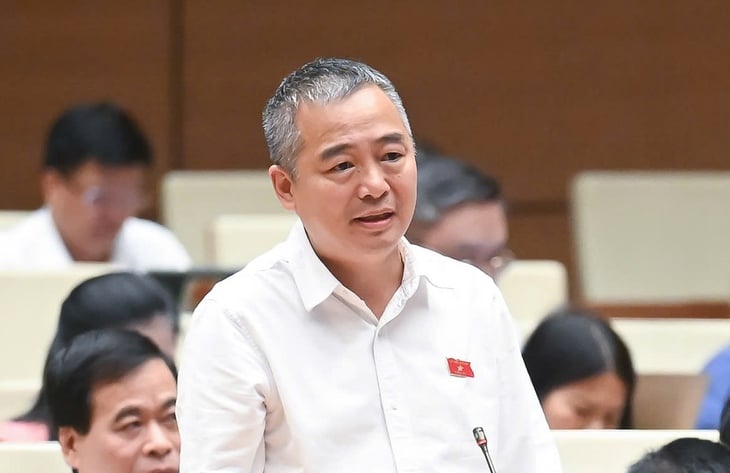
Delegate Nguyen Lan Hieu - Photo: GIA HAN
On the afternoon of June 17, speaking, delegate Nguyen Thi Lan (Quang Ninh) pointed out the overload situation at central hospitals, especially K Hospital, Viet Duc Hospital, Bach Mai Hospital, patients having to share beds, lack of equipment, medical supplies, and lack of human resources with no definitive solution.
Hospital overload needs to be resolved completely.
She recounted going to K Hospital and witnessing patients waiting for medical examination, many cancer patients waiting wearily for radiotherapy, many cancer patients in difficult circumstances due to long treatment times and increased costs...
In particular, in cancer treatment, there is a lack of radiotherapy machines, so many patients do not receive timely intervention, losing the opportunity for treatment during the golden hour to prolong life.
According to Ms. Lan, the cause of this problem is due to the increased demand for investment in healthcare, human resources, equipment, and technological infrastructure, but the price of healthcare services has not been calculated correctly and fully according to regulations.
Along with that, basically, public medical examination and treatment facilities that have achieved autonomy in group 2 have not yet secured the source of revenue to pay salaries and income for doctors and hospital staff. If they pay enough income to doctors and nurses, it will not meet the revenue guarantee for other regular payments.
In addition, the bidding mechanism, equipment procurement, socialization, and public-private investment in public hospitals still have problems, so they cannot meet investment in equipment for medical examination and treatment.
From there, Ms. Lan suggested that the Government pay attention to directing an early comprehensive assessment of the overload situation at specialized hospitals at higher levels.
She also proposed to clarify the difficulties, shortcomings, causes and solutions, including increasing investment in preventive medicine, medical examination and treatment facilities, and primary health care.
Review and amend public-private investment mechanisms to overcome the shortage of medical equipment and supplies and human resources for medical examination and treatment to improve the quality of medical examination and treatment in the coming time...
Debate later, delegate Nguyen Quang Huan ( Binh Duong ) said that another reason for the overload was that after the COVID-19 period, there were a number of violations related to the bidding mechanism, leading to some hospitals having their medical equipment sealed and not being used during inspections and checks.
According to Mr. Huan, some friends working at the hospital said that even though private businesses supported some equipment, it was not used because it violated bidding regulations.
This leads to poor investment in hospitals and limited use of equipment, further reducing capacity.
Regarding this issue, Mr. Huan suggested that there should be a mechanism for the medical industry to assume that equipment used during inspections, checks, or to serve cases must still be used so that doctors have equipment to treat patients.
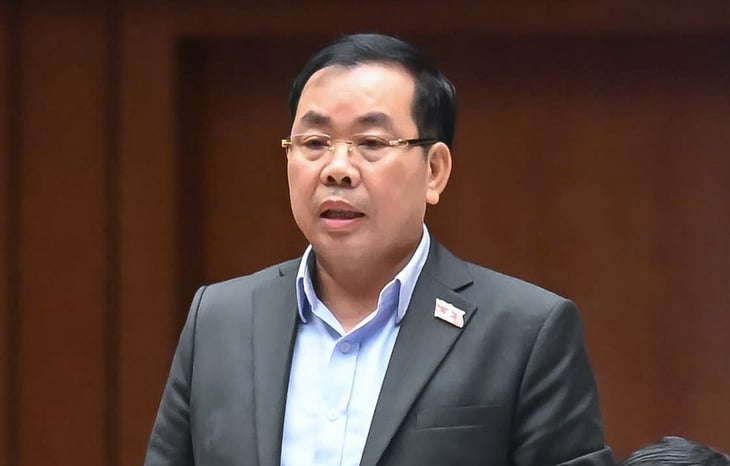
Delegate Nguyen Quang Huan - Photo: GIA HAN
Need to improve the quality of primary health care
Debate later, disagreeing with delegate Huan's point of view, delegate Nguyen Lan Hieu (director of Hanoi Medical University Hospital) said that the overload of upper-level hospitals was not due to the machines and equipment being investigated, donated, or not being used...
He said that the overload of central hospitals is mainly due to "people losing faith and not trusting district and provincial hospitals, so they go to central hospitals".
To solve this problem, first, Mr. Hieu emphasized the need to improve the quality of primary health care. Especially, when the district level is no longer available, the orientation of primary health care development is very important.
Regarding commune-level health care, which has long had only a preventive function, Mr. Hieu proposed that it should be reorganized into district-level clinics and grassroots hospitals.
On fixed days of the week, there will be doctors from the provincial and district levels... coming down to examine the people. This will make people have more confidence in the grassroots health care system.
Pointing out the shortcomings of district hospitals having to apply a very inadequate autonomous mechanism, he proposed "returning to subsidies", paying salaries to medical staff, while the hospital only does professional work, technical development services to improve the lives of staff.
According to Mr. Hieu, provincial hospitals should focus on treating common diseases, not on high-tech techniques like organ transplants at provincial hospitals. He said that in reality, many simple diseases can be treated at provincial hospitals, but people still go to central hospitals.
As for the central level, Mr. Hieu suggested organizing specialized and advanced institutes in general medicine to treat people more comprehensively, closely linked with universities.
According to Mr. Hieu, only by creating changes and developing primary health care can we reduce the overload situation at the central level.
Previously, delegate Tran Khanh Thu (Thai Binh) said that the two-level local government model operating from July 1 is an opportunity, but also poses new challenges for the health system, especially for grassroots health care.
Therefore, it is necessary to identify resources to develop primary health care in accordance with the new situation, new tasks, new responsibilities, but still have to quickly adapt and operate with the new model.
Source: https://tuoitre.vn/dai-bieu-nguyen-lan-hieu-benh-vien-trung-uong-qua-tai-do-nguoi-dan-khong-tin-tuyen-huyen-tinh-20250617182605512.htm



![[Photo] Parade to celebrate the 50th anniversary of Laos' National Day](/_next/image?url=https%3A%2F%2Fvphoto.vietnam.vn%2Fthumb%2F1200x675%2Fvietnam%2Fresource%2FIMAGE%2F2025%2F12%2F02%2F1764691918289_ndo_br_0-jpg.webp&w=3840&q=75)
![[Photo] Worshiping the Tuyet Son statue - a nearly 400-year-old treasure at Keo Pagoda](/_next/image?url=https%3A%2F%2Fvphoto.vietnam.vn%2Fthumb%2F1200x675%2Fvietnam%2Fresource%2FIMAGE%2F2025%2F12%2F02%2F1764679323086_ndo_br_tempimageomw0hi-4884-jpg.webp&w=3840&q=75)



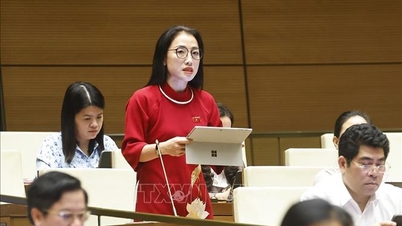

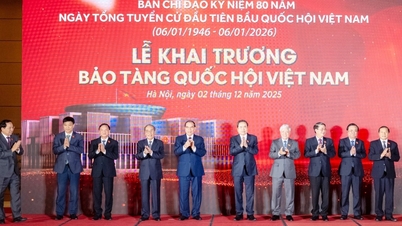

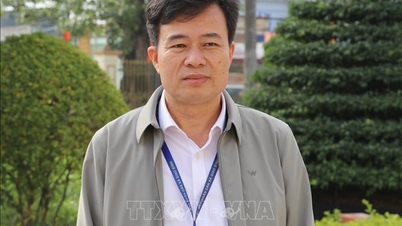
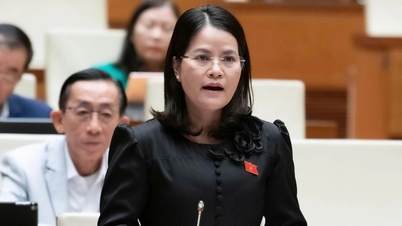
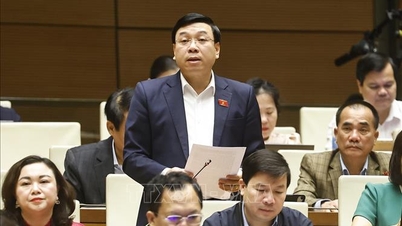
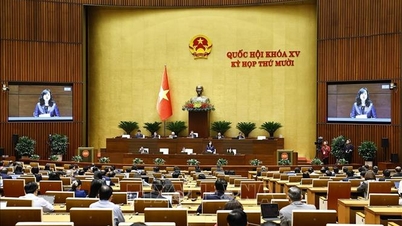



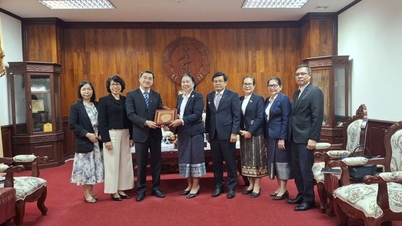


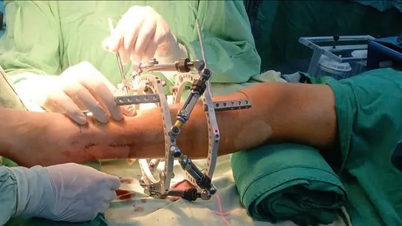

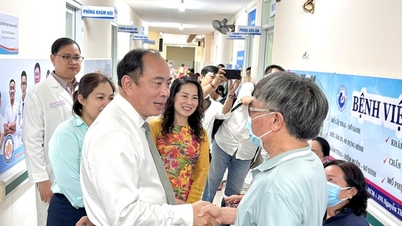





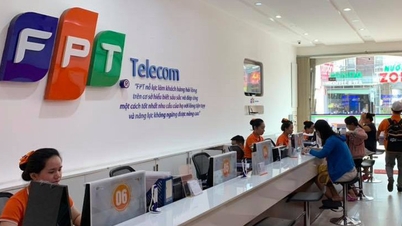
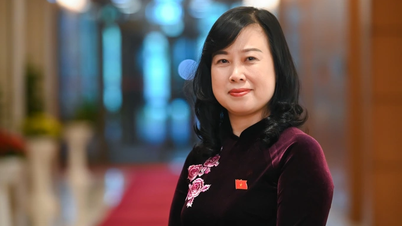
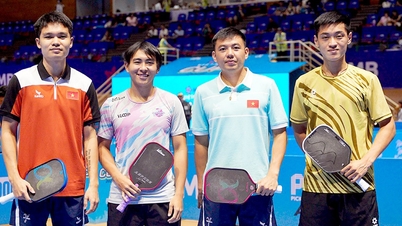
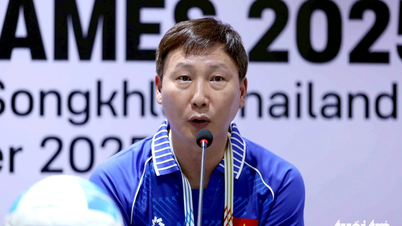
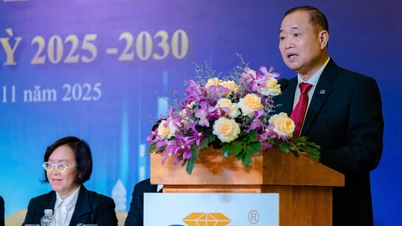
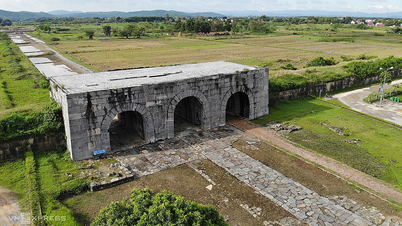


































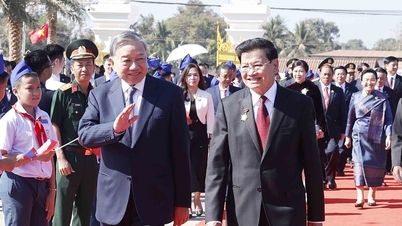
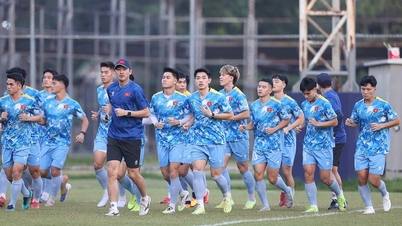


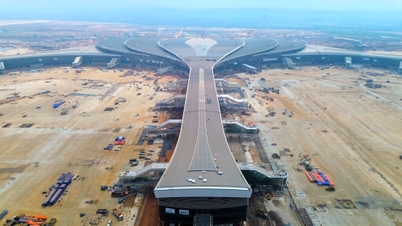

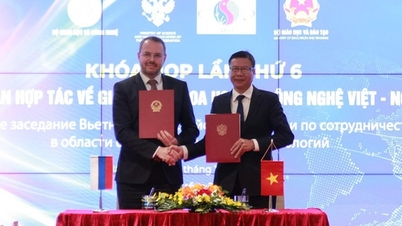
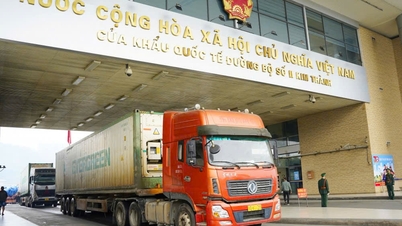

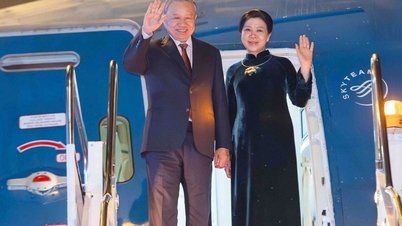

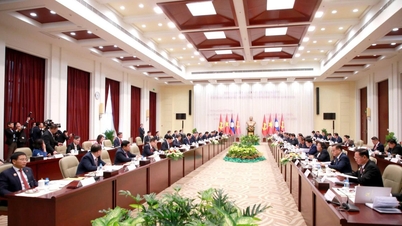

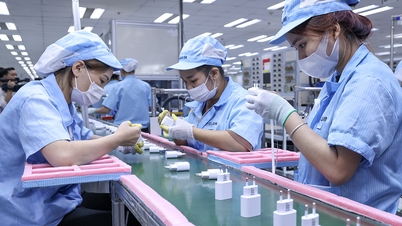
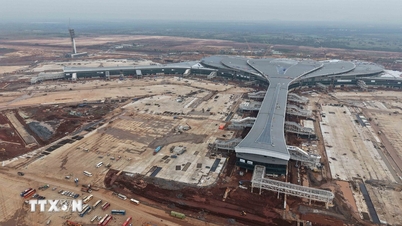

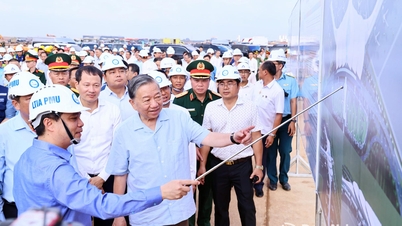


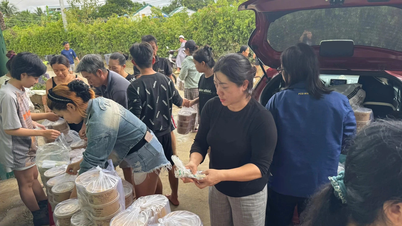
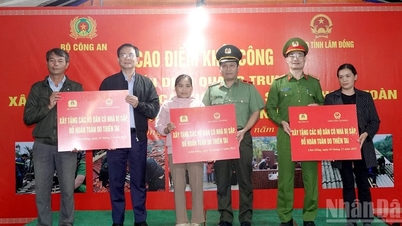
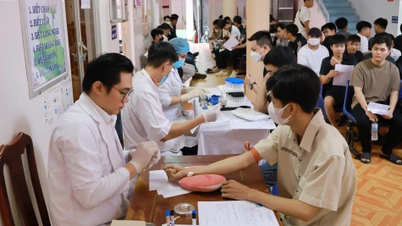














Comment (0)